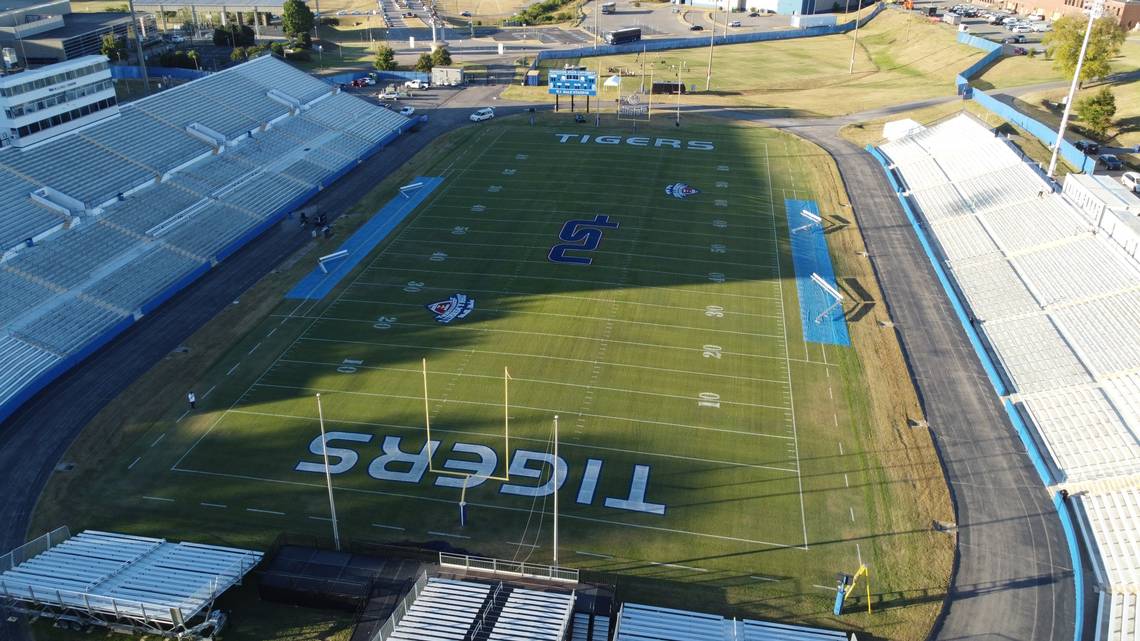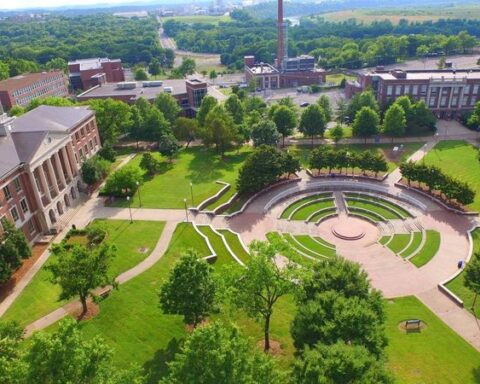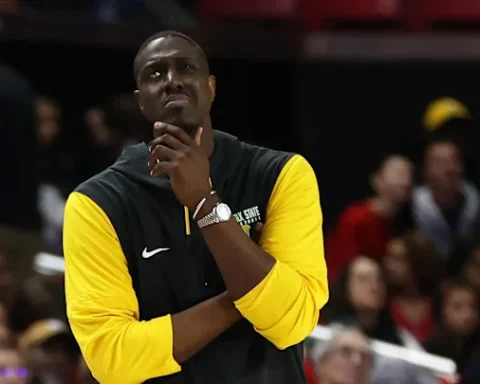By Stephen J. Gaither
Tennessee State University is an HBCU with a rich history of athletics. It is also one that has serious facility issues that need to be addressed.
In a recent address to the TSU Board of Trustees, Dr. Mikki Allen, the Director of Athletics, underscored the pivotal role of infrastructure in propelling the university towards greater heights. He answered questions and provided insight centered around the necessity of upgrading and expanding both athletic and residential facilities to foster a more competitive and supportive environment for students-athletes.
When questioned about how athletics was doing as a stand-alone part of Tennessee State University, Dr. Allen began by highlighting the financial challenges currently faced by the athletics department, which operates at a significant deficit. He articulated the urgent need for revenue-generating facilities on campus, such as an on-campus stadium. This facility, he proposed, would not only ease the financial burden on the institution but also enable TSU to host high-profile events that could generate substantial revenue.
“We need to get revenue-generating facilities on campus so we can start offsetting the brunt of institutional dollars that are going into athletics,” Dr. Allen stated.
Dr. Allen mentioned the refurbishment of the Ed Temple Track is a step in the right direction. He says the upgrade will allow TSU to host junior and AAU national track events, thereby creating new revenue streams. Dr. Allen emphasized the importance of having dedicated athletic facilities, which are currently shared with other departments, limiting their availability and effectiveness.
He further discussed a proposed operations building, a $40 to $50 million project, which would centralize athletic operations and enhance efficiency. However, to make such investments feasible, Dr. Allen stressed the need for facilities that can generate high-level ticket and premium seating revenues, moving the athletics department from operating in the red to the black.
Beyond athletic facilities, Dr. Allen pointed out the critical need for improved residential facilities. Adequate housing is a fundamental aspect of attracting and retaining talented athletes.
“When we bring young men and young ladies into our program, the first thing aunties and mama say is: ‘hey, where is my young person gonna stay?” he remarked.
Moreover, upgrading the Gentry Center (basketball) with modern LED technology and media boards could attract corporate sponsorships, enhancing the university’s revenue potential. Dr. Allen suggested a phased approach to developing a new stadium, incorporating ADA-compliant features and possibly a turf field, which would support a variety of events and further boost revenue generation.
Overall, Dr. Allen called for collective support to restore TSU athletics to its historic prominence. He acknowledged the rich legacy of the HBCU in athletics and expressed his commitment to revitalizing its glory, emphasizing that such a transformation would require substantial investment in infrastructure and the unwavering support of the TSU community.





